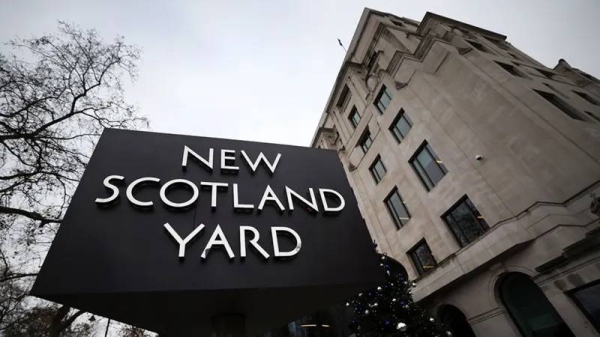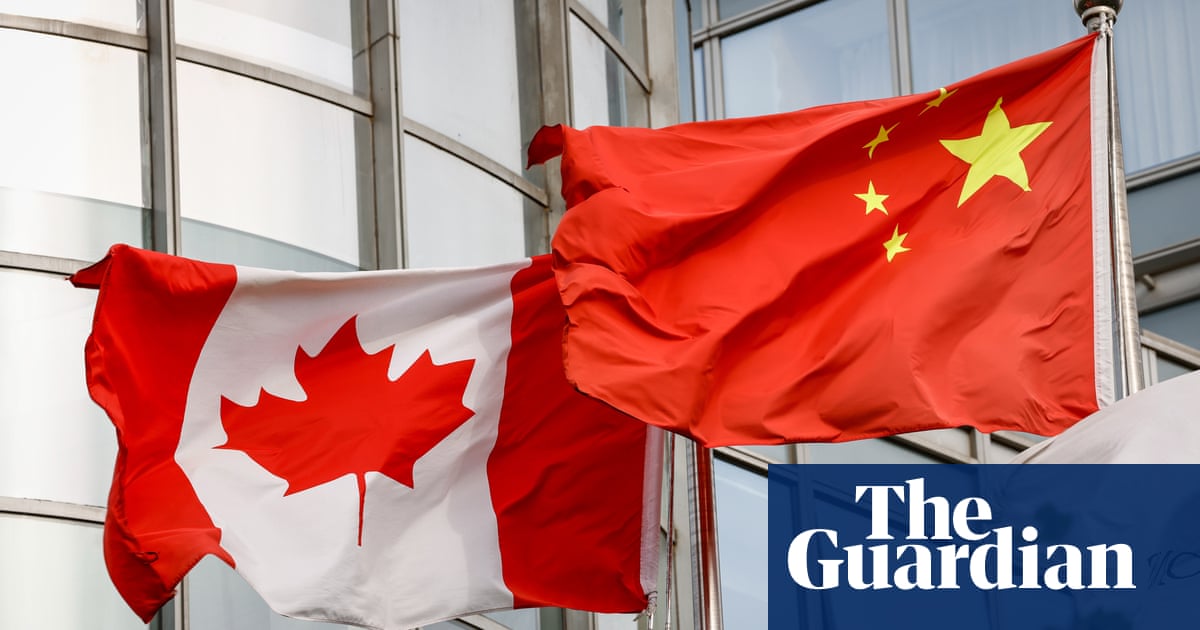
A New York City police officer has been charged with being an intelligence asset for the Chinese government who agreed to spy on US supporters of the Tibetan independence movement.
Baimadajie Angwang, a naturalized US citizen from Tibet, worked since 2018 as an agent for the Peoples Republic of China in its effort to suppress the movement, according to a criminal complaint filed in Brooklyn federal court. It says he secretly worked for unnamed handlers from the Chinese consulate in New York.
There was no allegation that Angwang compromised national security or New York police department (NYPD) operations. Still, he was considered the definition of an insider threat, William Sweeney, head of the FBIs New York office, said in a statement.
Angwang, 33, was ordered held without bail at an initial court hearing on Monday.
There was no immediate response to a phone message seeking comment from his lawyer.
Along with being a NYPD officer, Angwang is a staff sergeant in the US army reserve who was given security clearance by the Department of Defense, according to court papers that accuse him of lying during a background check that got him that status.
“As alleged in this federal complaint, Baimadajie Angwang violated every oath he took in this country. One to the United States, another to the US army, and a third to this police department,” said the NYPD commissioner, Dermot Shea.
Angwang’s job as a spy for China was to locate potential intelligence sources and identify potential threats to the PRC in the New York metropolitan area, court papers say. According to the court documents, since at least 2014, Angwang reported on the activities of Chinese citizens in the New York area, and scouted out potential intelligence sources within the Tibetan community.
He also was expected to provide consulate officials access to senior NYPD officials through invitations to official NYPD events, they add.
According to court documents, Angwang told his handler that was wanted to get promoted within the police force so that he could bring “glory to China”.
The papers say the evidence includes intercepted communications between Angwang and a consulate official someone Angwang called “big brother” and “boss” about how to identify dissenters in the independence movement.
“They don’t believe in Tibetan Buddhism,” Angwang told the handler, according to the papers. “When the consulate extends a helping hand to them, they will feel the warmth of the motherland. How wonderful would that be?”
At one point, Angwang suggested that issuing 10-year visas to Tibetans in the US would help recruit other spies, the papers say.
Angwang has worked at a NYPD precinct in Queens as a community liaison, authorities said. Before becoming a citizen, he sought asylum by claiming he had been arrested and tortured in China partly because of his Tibetan ethnicity, they said.












